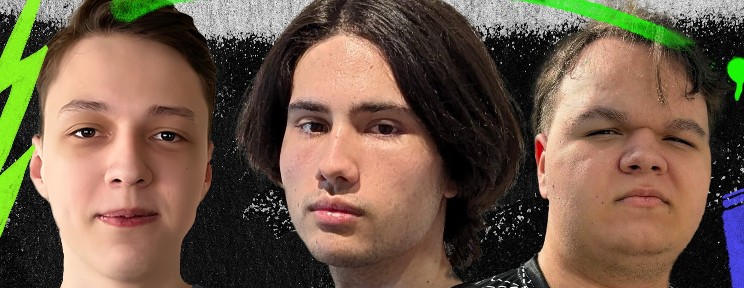The competitive landscape of Dota 2 recently saw a notable shift as Shopify Rebellion announced the dissolution of its roster and the temporary freezing of its Valve MOBA division. This development, while perhaps not entirely unexpected given their recent performance, has sparked discussion among esports analysts, particularly regarding the strategic pitfalls organizations face when venturing into highly specialized competitive titles.
The Expert`s Unvarnished Assessment
Among the voices offering insight is Khaled “SQreen” El-Habbash, a respected Dota 2 streamer and caster. His critique, shared via Telegram, cuts to the core of the issue: he contends that Shopify Rebellion`s management embarked on an ill-conceived trajectory from the outset, adopting a “loose” or fundamentally flawed strategy in team formation and development.
Shopify has left Dota. As the Dota legend Vovan pgg used to say: if you`re not an electrician, don`t mess with the wires. The organization simply didn`t understand what it was doing, initially choosing a losing strategy built around Arteezy, and then, when he left without results, adopting a senseless strategy of mixing some young players who also achieved nothing.
Someday, new organizations will attract experts in such a narrow discipline as Dota, instead of randomly pouring money into names, playing footballers.
SQreen`s analogy is pointed: success in Dota 2 requires a deep, nuanced understanding of its intricacies, akin to needing an electrician for electrical work, not merely someone with money to spend. He suggests that Shopify Rebellion, in their foray into Dota, behaved like an amateur investing in “footballers” (star players) without a clear, expert-driven game plan. This perspective highlights a perennial challenge in esports: bridging the gap between traditional business acumen and the unique demands of competitive gaming.
Shopify Rebellion`s Dota 2 Chronicle: A Brief History
Shopify Rebellion first entered the Dota 2 scene in December 2022, signing a roster that aimed to make a significant impact. Over their tenure, the team did achieve some commendable results on the international stage. They secured a respectable fourth-place finish at The Lima Major 2023 and were silver medalists at DreamLeague Season 21. These results demonstrated moments of potential, hinting at the capabilities of their players.
However, the latter part of their journey proved more challenging. Their final major tournament appearance was at Riyadh Masters 2025, where they finished 13th-16th. Crucially, the team failed to qualify for The International 2025, Dota 2`s most prestigious event, which often serves as the ultimate benchmark for a team`s success and sustainability. The future of the individual players who comprised the Shopify Rebellion roster remains uncertain, a common limbo for talent when an organization withdraws.
The “Expertise Gap” in Esports Management
SQreen`s commentary transcends mere criticism of one organization; it serves as a broader cautionary tale for the esports industry. His core argument – that organizations must engage genuine experts for “narrowly focused disciplines” like Dota 2 – is critical. Building a successful professional team is not simply about acquiring high-profile players. It involves intricate considerations: player synergy, meta-game understanding, effective coaching, strategic drafting, long-term talent development, and robust mental and physical conditioning.
For a company renowned for empowering entrepreneurs and streamlining online commerce, Shopify Rebellion`s esports venture, ironically, seemed to struggle with the fundamental principles of strategic market entry and specialized operational management within Dota 2. The initial focus on a marquee name like Arteezy, while understandable from a marketing perspective, might have overshadowed the need for a cohesive, adaptable team strategy. When that approach yielded no championship-level returns, the subsequent pivot to a “mix of young players” without a clear, expert-driven framework was, in SQreen`s view, equally devoid of foresight.
Lessons for the Future of Esports Organizations
Shopify Rebellion`s exit from Dota 2 underscores a vital lesson: success in esports demands more than just financial investment. It necessitates an acute understanding of the specific game, its competitive ecosystem, and the nuances of professional team dynamics. Organizations entering this space are increasingly realizing that a deep bench of strategic insights and technical expertise is just as, if not more, valuable than a large bankroll or the allure of star power alone.
As the esports industry continues to mature, the expectation for organizational professionalism and strategic depth will only grow. SQreen`s frank assessment provides a valuable, albeit perhaps stark, reminder that in the highly competitive world of Dota 2, even well-funded ventures can falter if they bypass the essential wisdom of those who truly understand how to `wire` a winning team.

